Home>Garden Essentials>How Long To Germinate Aerogarden
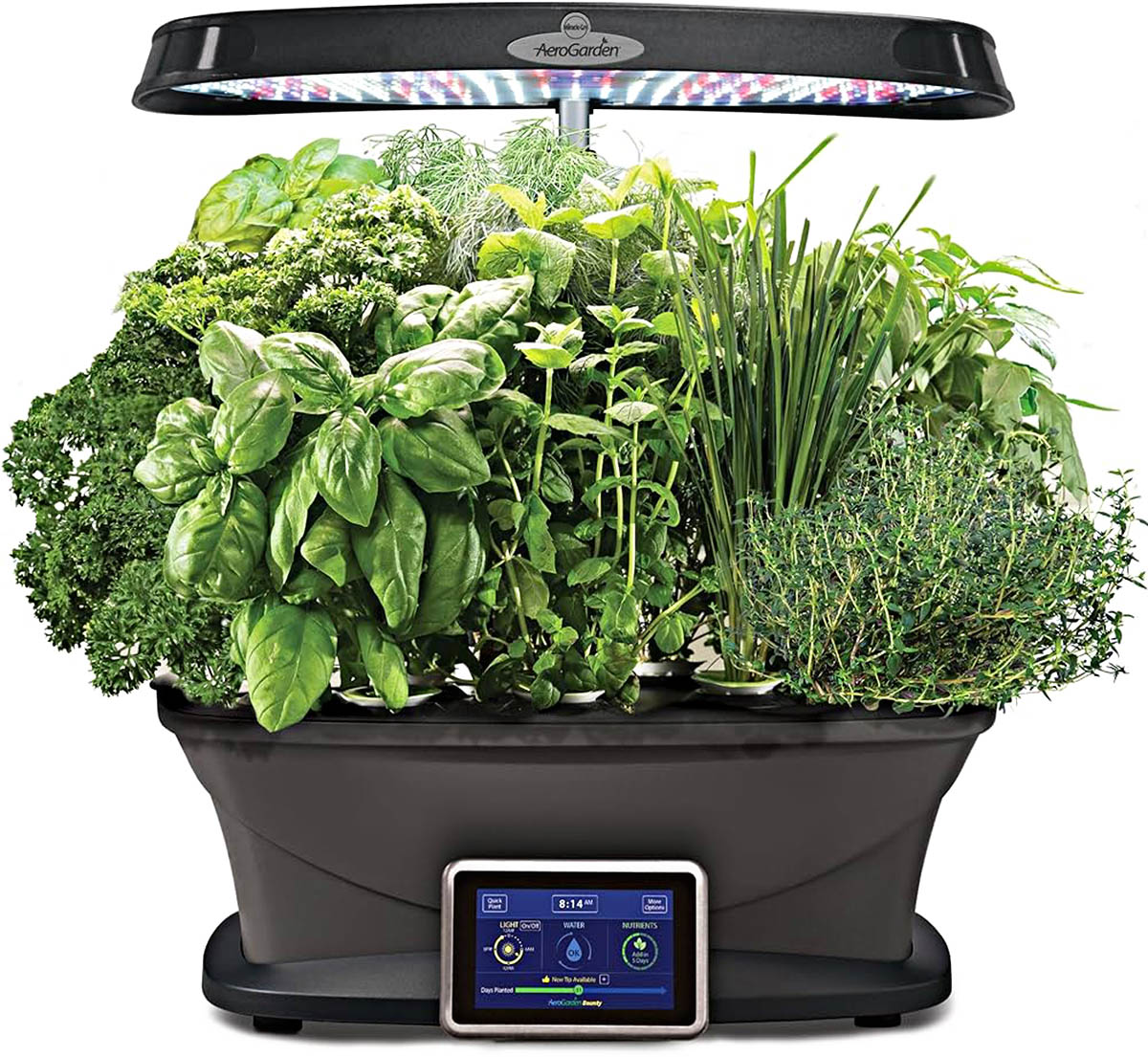

Garden Essentials
How Long To Germinate Aerogarden
Modified: March 16, 2024
Looking to start your garden? Find out how long it takes to germinate plants in an Aerogarden and get your gardening journey started!
(Many of the links in this article redirect to a specific reviewed product. Your purchase of these products through affiliate links helps to generate commission for Storables.com, at no extra cost. Learn more)
Introduction
Welcome to the world of Aerogardening, a revolutionary method of growing plants in a soil-free environment. Whether you are a seasoned gardener or just starting out, the Aerogarden offers a convenient and efficient way to grow a variety of plants right in your own home.
One common question that many Aerogarden enthusiasts have is, “How long does it take for seeds to germinate in the Aerogarden?” The germination process is an essential stage in plant growth, where a seed transforms into a young plant. Understanding the factors affecting germination time and knowing the recommended guidelines for different plants can help you achieve successful results in your Aerogarden.
In this article, we will delve into the world of germination in the Aerogarden, providing valuable information and tips to help you optimize your gardening experience. So, let’s get started and discover how long it takes for seeds to germinate in an Aerogarden.
Key Takeaways:
- Get ready to see your seeds sprout! Aerogarden germination times vary based on factors like seed type, quality, and environmental conditions. Follow recommended guidelines for a successful indoor gardening experience.
- Troubleshoot common germination issues. From poor germination rates to damping off, learn how to address challenges and help your plants thrive in the Aerogarden.
Read more: How Long Do Aerogarden Seed Pods Last
Understanding the Aerogarden
Before delving into the germination process, it’s essential to have a good understanding of the Aerogarden itself. The Aerogarden is a hydroponic system that uses a combination of water, nutrients, and artificial lighting to create an optimal environment for plant growth. Instead of traditional soil, plants in the Aerogarden grow in a specially designed growing medium, such as rockwool or sponge-like pods.
The Aerogarden provides a controlled environment for plants with precise lighting and nutrient delivery systems. This allows plants to grow faster and produce higher yields compared to traditional gardening methods. The system is also incredibly user-friendly, with automated features like built-in timers and reminders for watering and feeding your plants.
There are different models and sizes of Aerogardens available, each with its own specifications and capabilities. Some models can accommodate a few plants, while others can support a larger number. Additionally, each model may have specific configurations for lighting and nutrient delivery. Understanding your specific Aerogarden model will help you better assess the germination time and requirements for your plants.
The Aerogarden is suitable for growing a wide range of plants, including herbs, vegetables, flowers, and even small fruit trees. With the right care and attention, you can enjoy a thriving indoor garden throughout the year.
Now that we have a good understanding of what the Aerogarden is, let’s explore the factors that can affect the germination time in this unique growing system.
Factors Affecting Germination Time
The germination time in an Aerogarden can vary depending on several factors. Understanding these factors will help you set realistic expectations and make any necessary adjustments to promote successful germination. Here are some key factors that can affect the germination time in your Aerogarden:
- Seed type: Different plant species have varying germination times. Some seeds may sprout within a few days, while others may take several weeks. It’s important to research and understand the specific germination requirements of the plants you are growing in your Aerogarden.
- Seed quality: The quality of the seeds can also impact germination time. Using fresh and viable seeds will generally result in faster and more successful germination. It’s recommended to purchase seeds from reputable sources to ensure good quality.
- Environmental conditions: The environmental conditions within your Aerogarden can significantly influence germination time. Factors such as temperature, humidity, and lighting play crucial roles. Most seeds require optimal temperatures between 70-80°F (21-27°C) for successful germination.
- Watering: Proper watering is essential for germination. In the Aerogarden, the automated watering system ensures that the plants receive adequate moisture. However, it’s important not to overwater as it can lead to dampening off or root rot. Follow the recommended guidelines for your specific plant and monitor the moisture levels regularly.
- Nutrient levels: Adequate nutrient levels are necessary for healthy plant growth. During germination, plants primarily rely on stored nutrients within the seed. However, as they start growing, they require additional nutrients. Ensure that you follow the recommended nutrient dosages and schedules for your specific plants.
By taking these factors into consideration, you can optimize the germination time in your Aerogarden and ensure a successful start for your plants. In the next section, we will explore the recommended germination time for different types of plants in the Aerogarden.
Recommended Germination Time for Different Plants
While the germination time can vary depending on the specific plant species and growing conditions, below are some general guidelines for the recommended germination time for common plants grown in the Aerogarden:
- Herbs: Many herbs have relatively quick germination times, typically ranging from 5 to 14 days. Examples include basil, parsley, cilantro, dill, and mint.
- Leafy Greens: Leafy greens like lettuce, spinach, and kale generally have germination times of around 7 to 14 days.
- Tomatoes and Peppers: These warm-season vegetables can take a bit longer to germinate, usually around 7 to 14 days. However, it’s important to note that some varieties may have longer germination times.
- Root Vegetables: Root vegetables like carrots, radishes, and beets may have slightly longer germination times, ranging from 10 to 21 days.
- Flowers: Germination times for flowers can vary significantly depending on the species. Some flowers, such as marigolds, petunias, and pansies, may germinate within a week, while others may take several weeks.
It’s important to remember that these are general guidelines, and actual germination times may vary. Additionally, there may be variations within each plant species, depending on the specific variety or cultivar you are growing.
Be sure to check the seed packet or consult reliable gardening resources for more specific information on the germination time of the plants you intend to grow in your Aerogarden. Properly understanding the germination time for each plant will help you plan and manage your indoor garden more effectively.
Now that we know the recommended germination times for different plants, let’s explore some tips to ensure successful germination in your Aerogarden.
The time it takes for seeds to germinate in an AeroGarden can vary depending on the type of plant. On average, most seeds will germinate within 7-14 days. Be sure to follow the specific instructions for the type of plant you are growing.
Tips for Successful Germination in the Aerogarden
Germination is a crucial stage in plant growth, and following these tips will help ensure successful germination in your Aerogarden:
- Start with fresh and viable seeds: Using high-quality seeds that are not expired will increase the chances of successful germination. Check the seed packets for expiration dates and choose reputable seed suppliers.
- Pre-soak the seeds: Some seeds benefit from being pre-soaked before planting to soften their outer shells and encourage quicker germination. However, not all seeds require pre-soaking, so refer to the specific recommendations for each plant species.
- Follow the recommended planting depth: Plant seeds at the appropriate depth according to the instructions provided on the seed packet. Planting too deep or too shallow can hinder germination.
- Optimize lighting conditions: Ensure that your Aerogarden’s lights are set to the appropriate height and duration for germination. Most plants require 14-16 hours of light each day during this stage.
- Monitor and maintain proper temperature: Maintain a consistent temperature range of 70-80°F (21-27°C) within your Aerogarden. Avoid placing the system in areas with extreme temperature fluctuations.
- Monitor water levels: Monitor the water levels in your Aerogarden to ensure that the pods remain moist but not waterlogged. Avoid overwatering or allowing the pods to dry out.
- Provide proper nutrients: Follow the recommended nutrient dosages and schedules for your specific plants. Avoid overfeeding during the germination stage, as excessive nutrients can hinder rather than promote growth.
- Ensure good air circulation: Proper air circulation helps prevent damping off or fungal diseases. Consider using a small fan in the room to promote air movement around your Aerogarden.
- Be patient and observe: Germination times can vary, so be patient and give your seeds time to sprout. Monitor the progress of your seeds regularly, and make any necessary adjustments to optimize growing conditions.
By following these tips, you can increase the chances of successful germination in your Aerogarden and set your plants on the path to healthy growth. However, if you encounter any issues during the germination process, don’t worry. In the next section, we will troubleshoot some common germination problems and provide solutions.
Read more: How Long To Germinate Pitaya
Troubleshooting Common Germination Issues
Despite your best efforts, sometimes germination issues may arise. Here are some common germination problems that you may encounter in your Aerogarden and steps to troubleshoot them:
- Poor germination rate: If you notice a low germination rate, ensure that you are using fresh and viable seeds. Check the expiration date and consider purchasing new seeds if needed. Additionally, review your environmental conditions, such as temperature and lighting, to ensure they are within the optimal range for germination.
- Damping off: Damping off is a fungal disease that can cause seedlings to become weak and eventually collapse. To prevent damping off, avoid overwatering and ensure good air circulation around your Aerogarden. If you notice signs of damping off, remove the affected seedlings and adjust your watering practices.
- Slow or stalled germination: If your seeds are taking longer than expected to germinate or seem to have stalled, consider adjusting the temperature and ensuring proper lighting conditions. Some seeds may benefit from a slight temperature increase or gentle bottom heat to stimulate germination.
- Seed rot: If your seeds are rotting before or during germination, it may be due to poor drainage or excessive moisture. Check the water levels and ensure that the pods are not sitting in water. Adjust your watering practices accordingly.
- Seedlings not growing after germination: If your seedlings have sprouted but are not growing, review your nutrient dosages and ensure they are receiving adequate nutrition. Adjust the nutrient levels as needed and monitor for any signs of nutrient deficiencies.
- Inadequate light penetration: If your seedlings are growing tall and spindly, it may indicate insufficient light penetration. Adjust the height of the lights to ensure they are close enough to the seedlings without causing damage. Consider using a grow light or supplemental lighting if natural light is limited.
Regular monitoring and timely adjustments will help address many germination issues. Don’t be discouraged if you encounter challenges along the way—gardening is a learning process, and each experience provides an opportunity for growth.
Now that you are equipped with troubleshooting tips, you are ready to embark on your Aerogarden journey with confidence. In the next section, we will summarize the key points discussed in this article.
Conclusion
Congratulations! You now have a comprehensive understanding of the germination process in the Aerogarden and how to optimize it for successful plant growth. With the right knowledge and techniques, you can enjoy the excitement of watching your seeds sprout and transform into healthy, thriving plants right in the comfort of your home.
We explored the key factors that can influence germination time, such as seed type, seed quality, environmental conditions, watering, and nutrient levels. By considering these factors and making necessary adjustments, you can promote optimal germination in your Aerogarden.
We also discussed the recommended germination times for different plant types commonly grown in the Aerogarden. Remember to refer to seed packets or reliable resources for specific germination information on the plants you are growing.
To maximize your chances of success, we provided valuable tips for successful germination, such as starting with fresh and viable seeds, optimizing lighting and temperature conditions, proper watering and nutrient management, and ensuring good air circulation. These tips will help you create an ideal growth environment for your plants.
Additionally, we explored common germination issues and troubleshooting techniques. By identifying and addressing these issues promptly, you can overcome challenges and help your plants thrive.
With this newfound knowledge, you are well-equipped to embark on your Aerogarden journey and experience the joy of growing your own indoor garden. Remember to be patient, observe your plants closely, and make any necessary adjustments along the way.
Happy germinating, and may your Aerogarden be filled with lush, vibrant plants!
Frequently Asked Questions about How Long To Germinate Aerogarden
Was this page helpful?
At Storables.com, we guarantee accurate and reliable information. Our content, validated by Expert Board Contributors, is crafted following stringent Editorial Policies. We're committed to providing you with well-researched, expert-backed insights for all your informational needs.
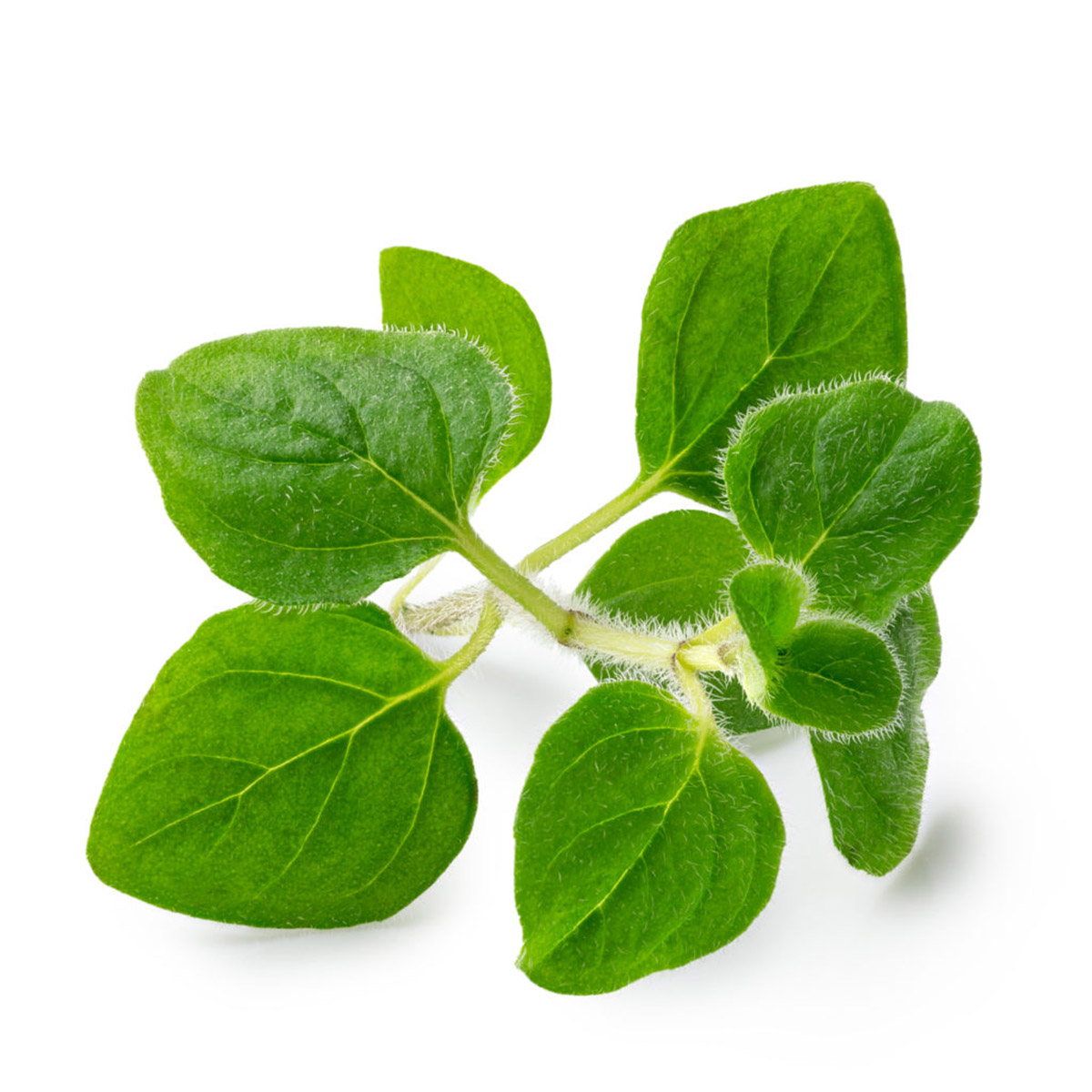
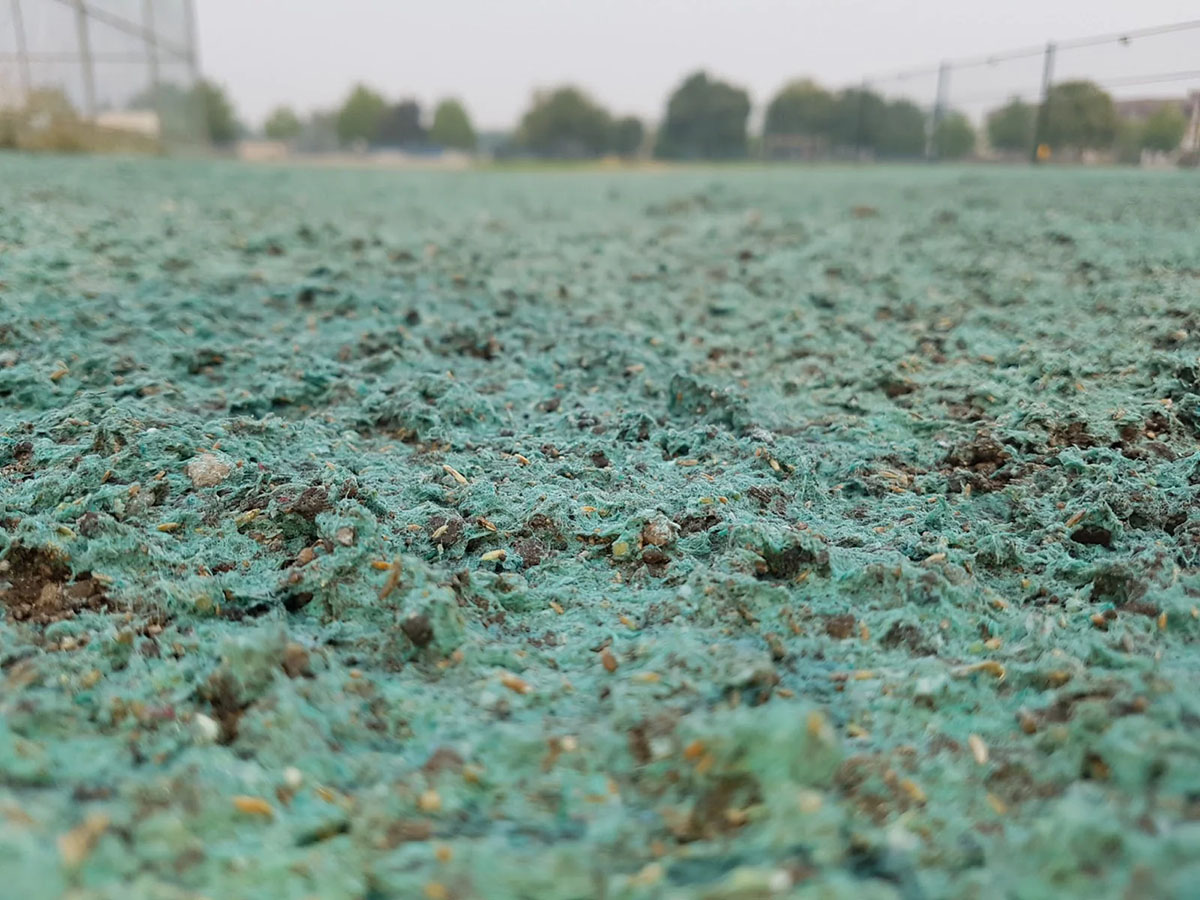
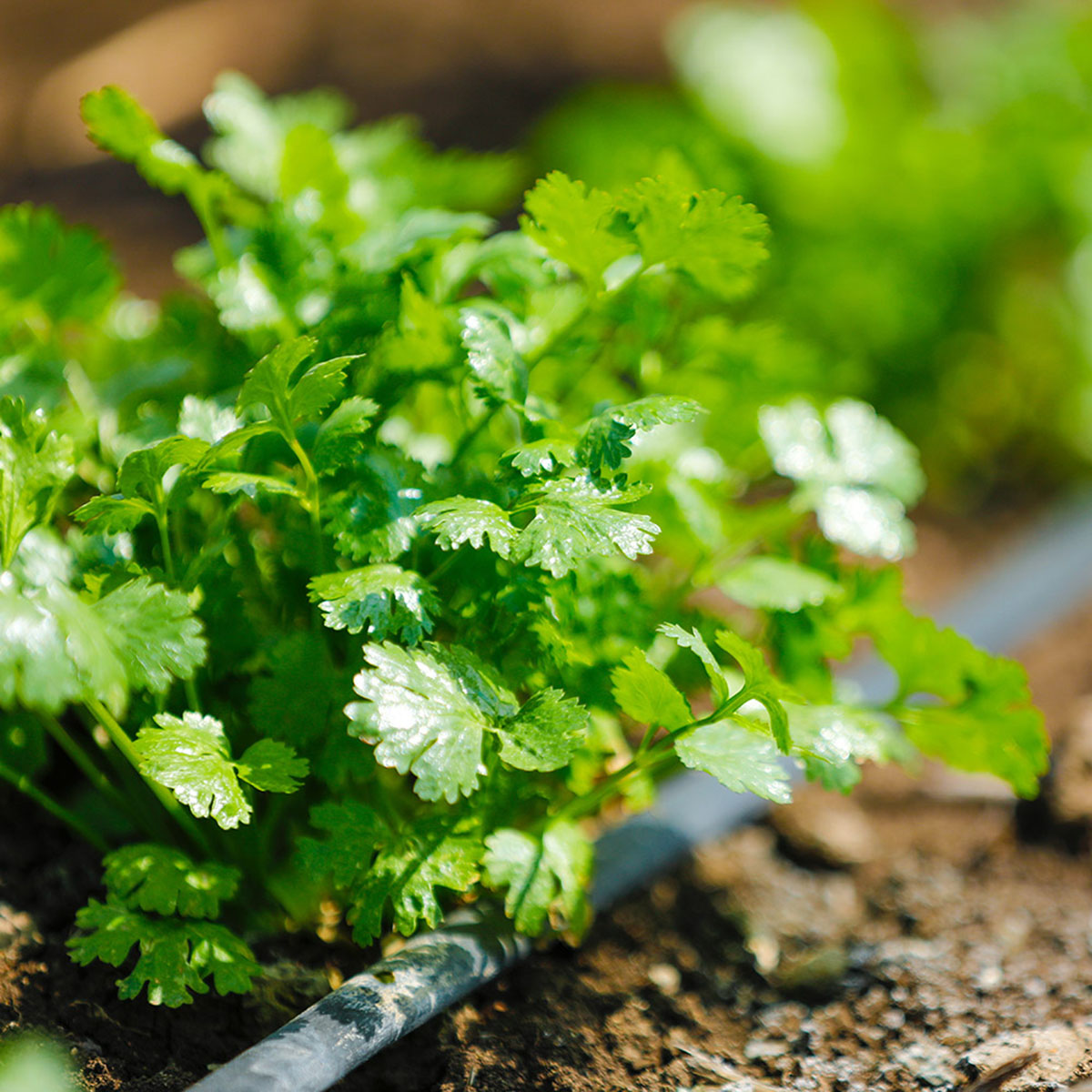
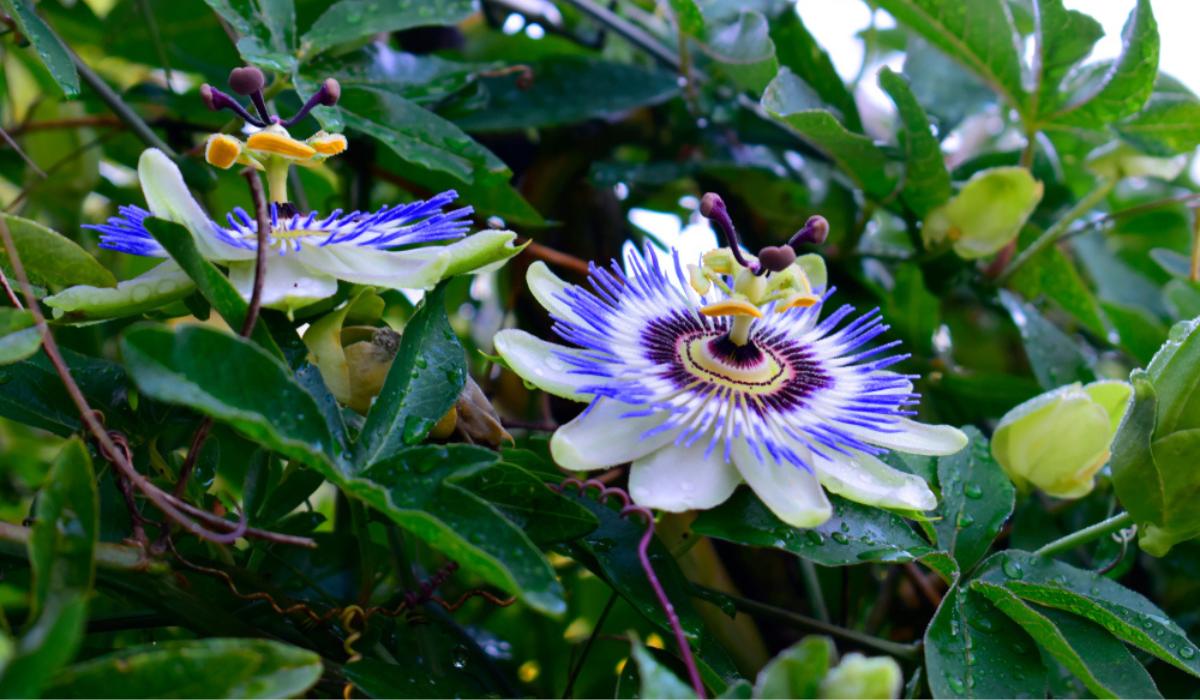
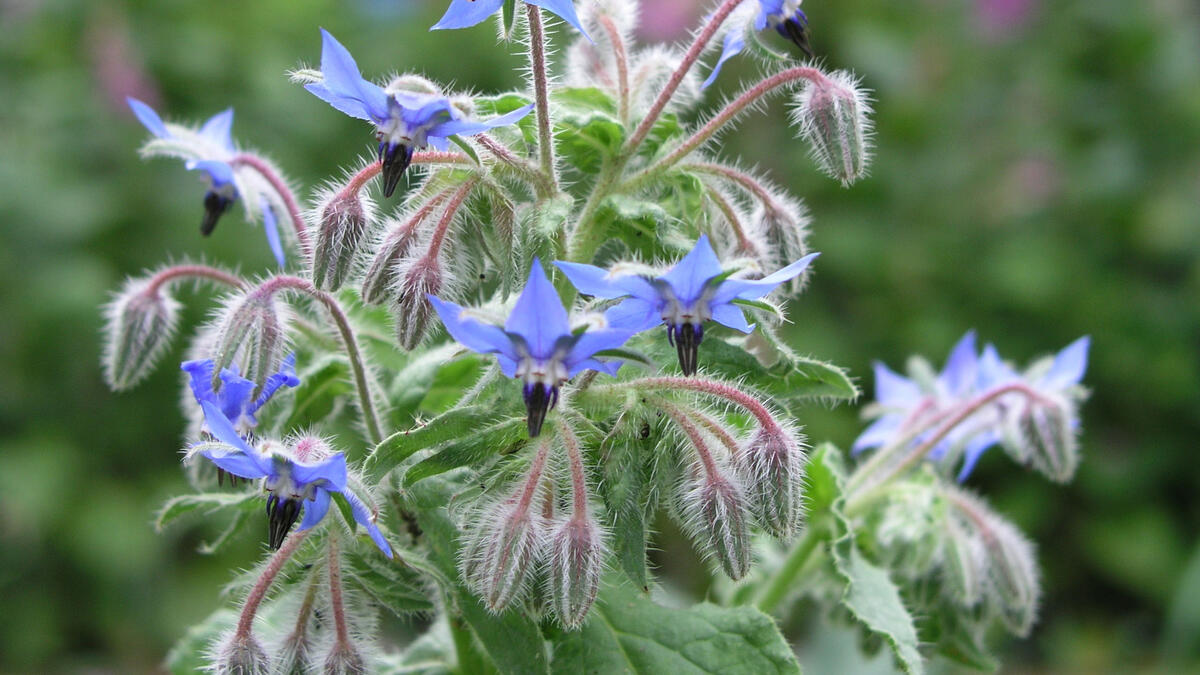
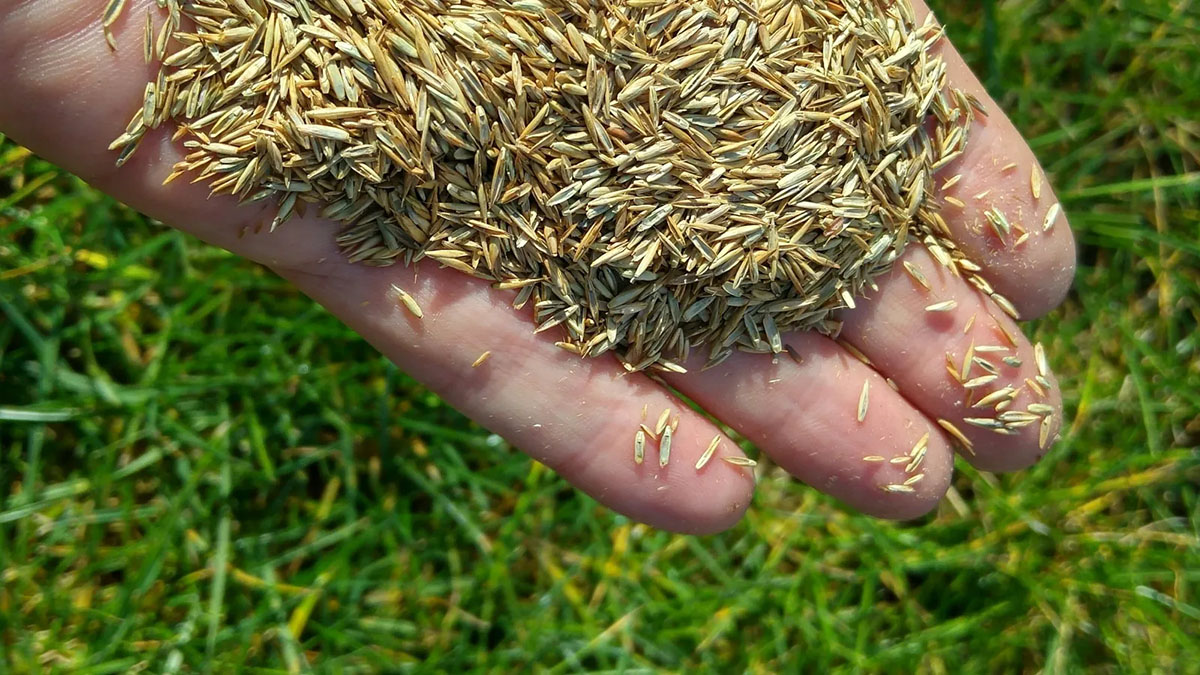

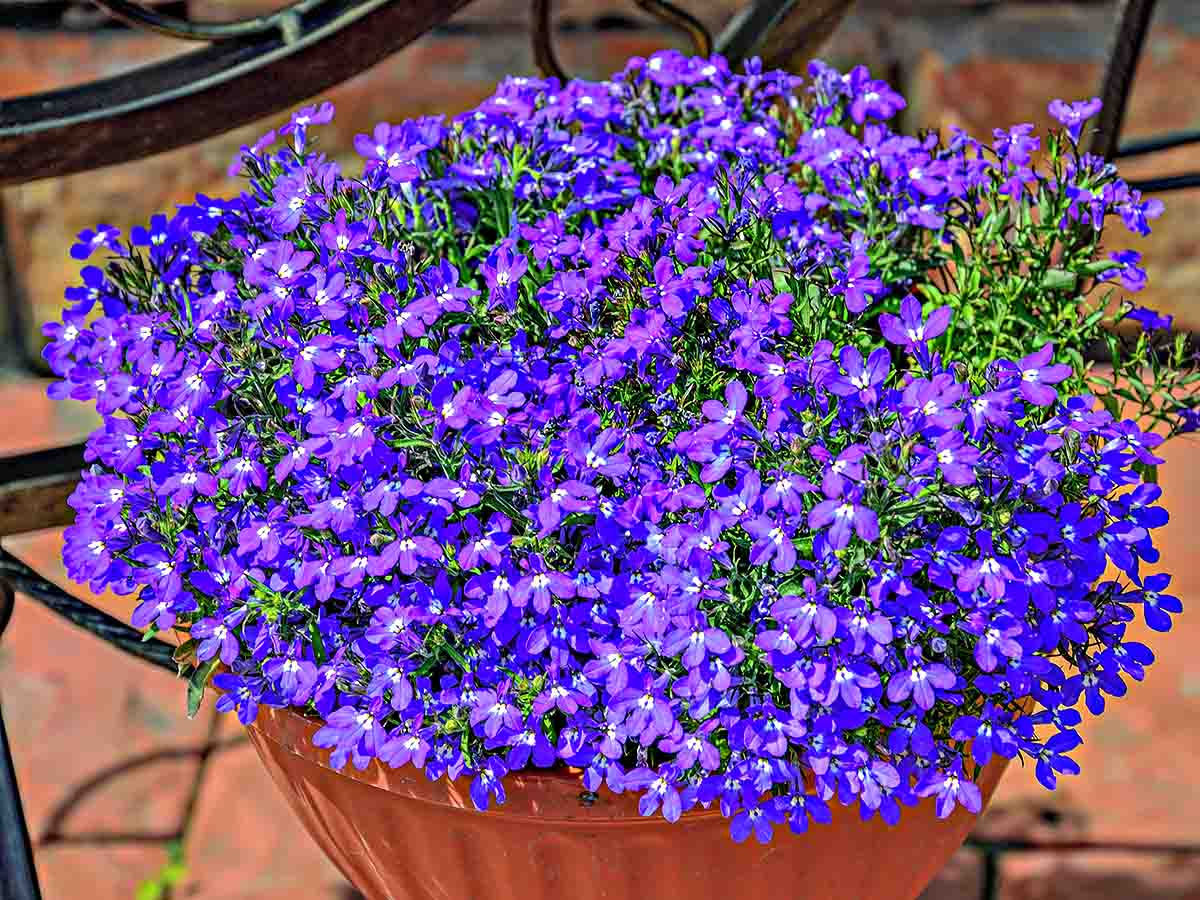
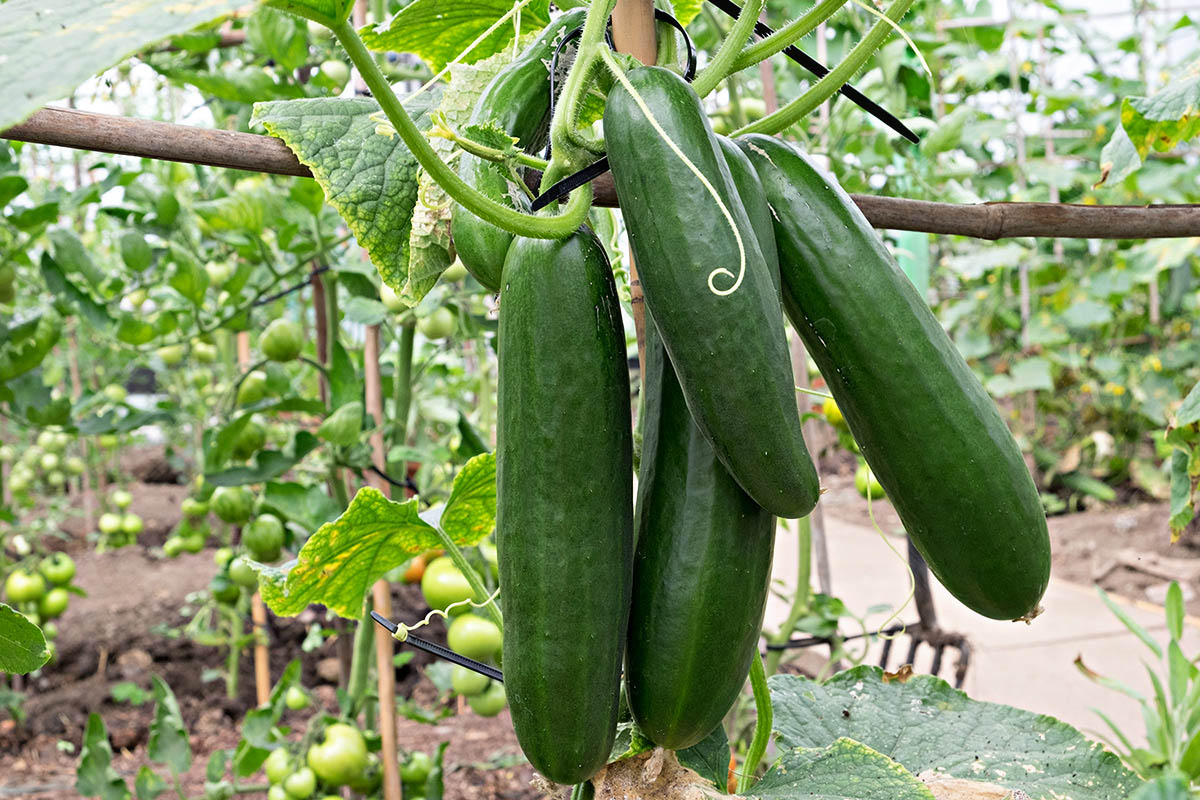
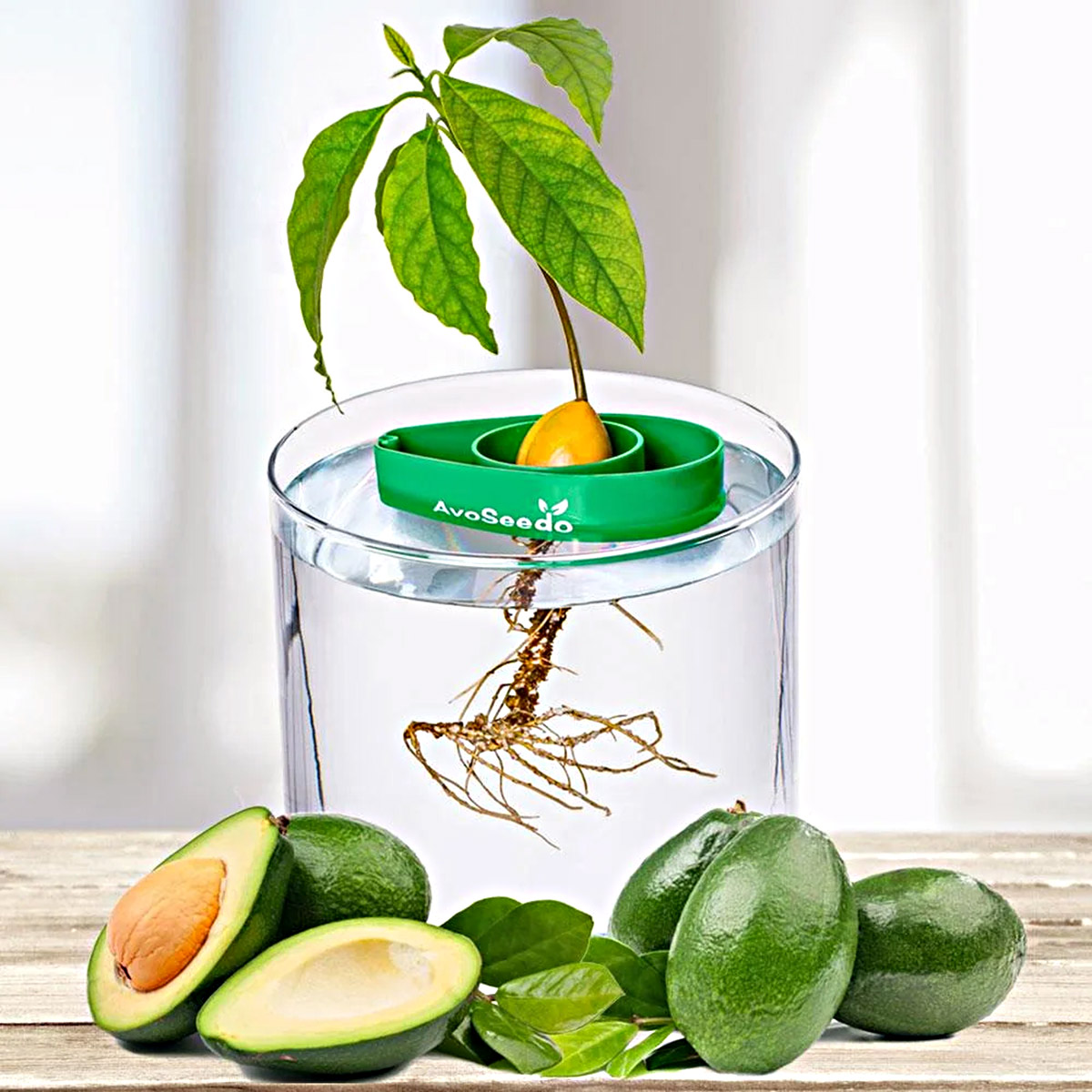
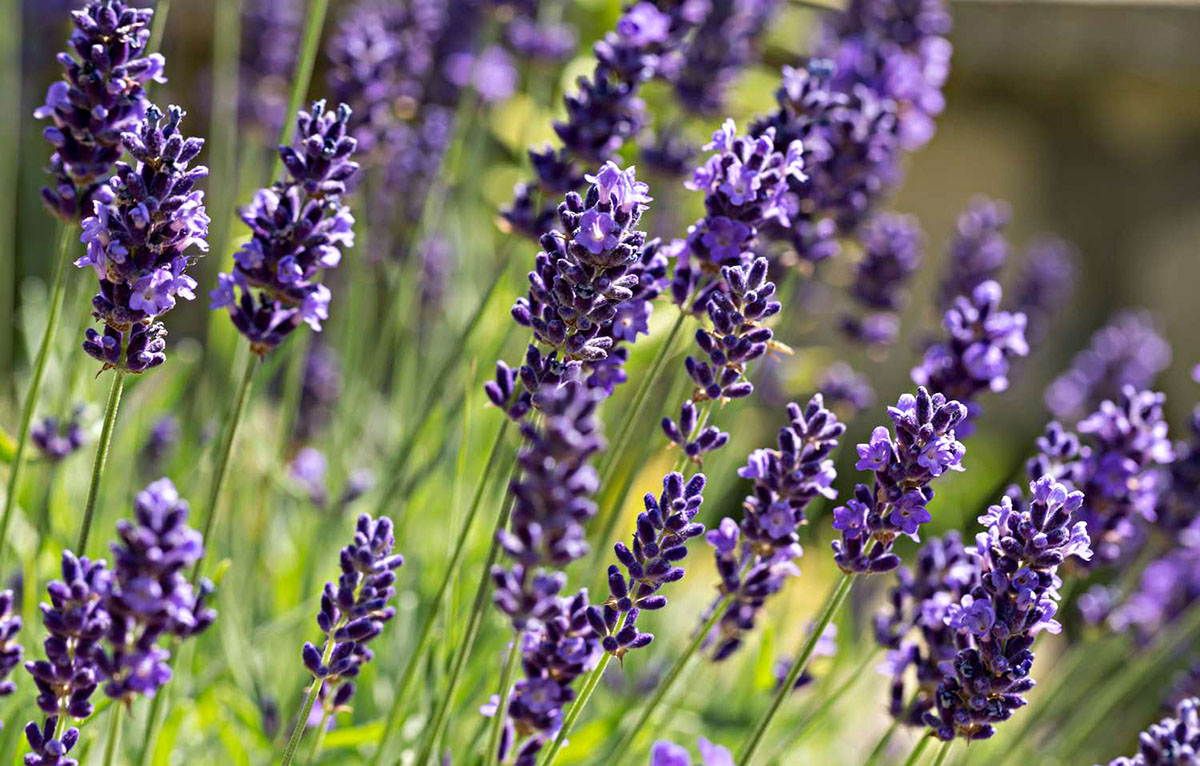
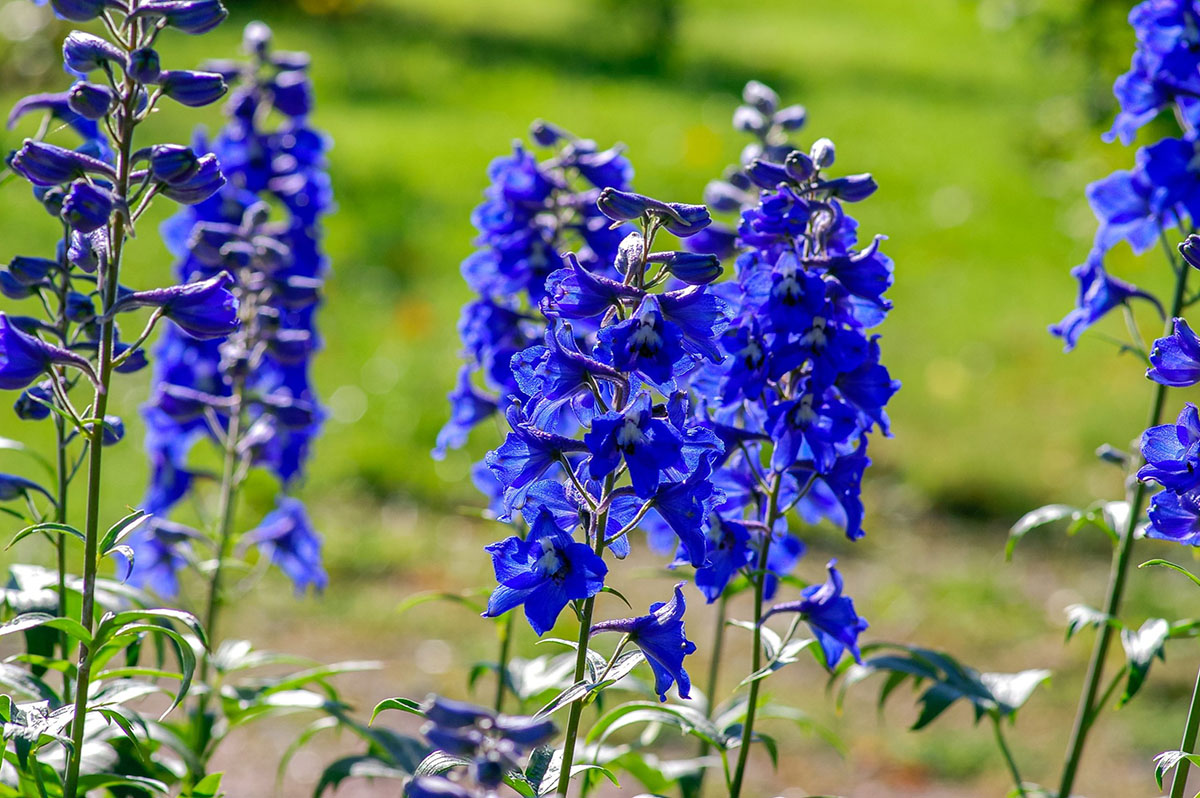
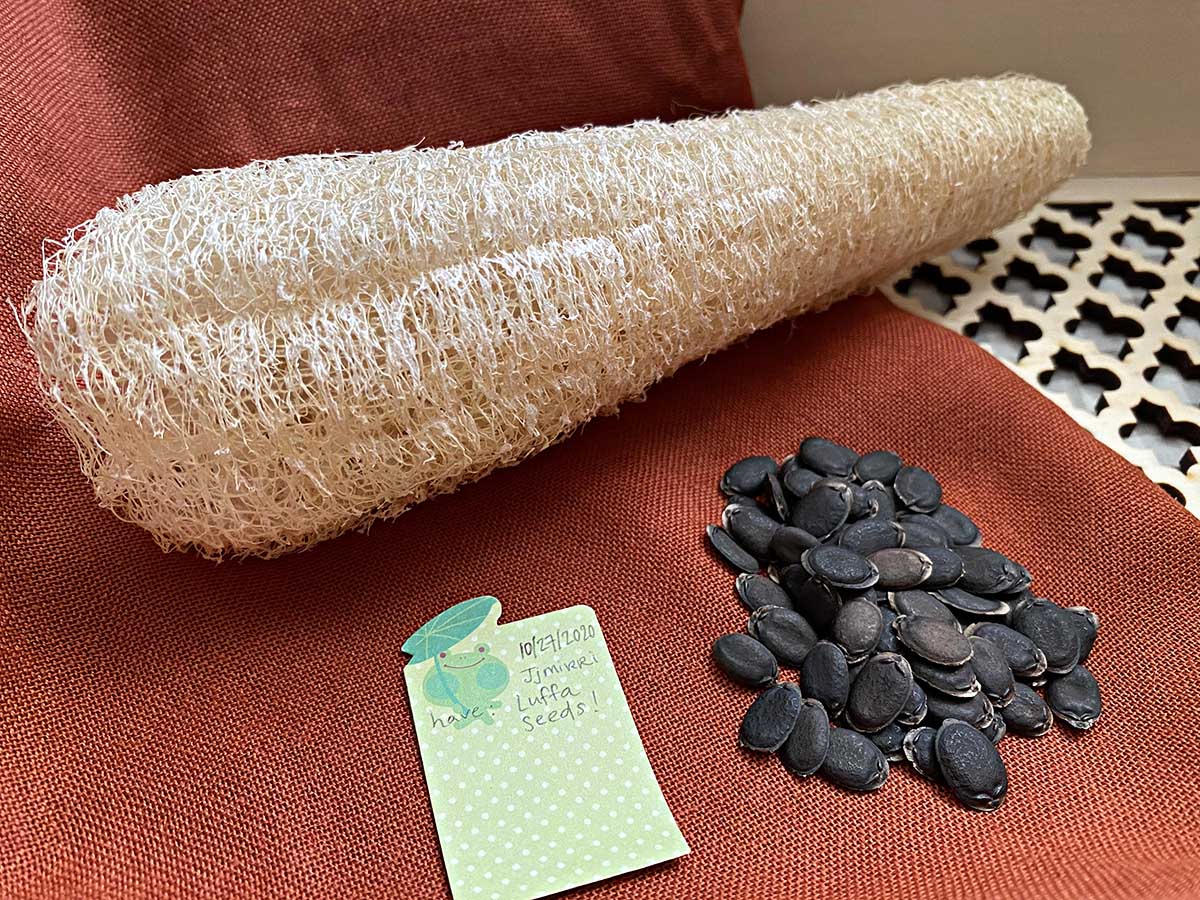
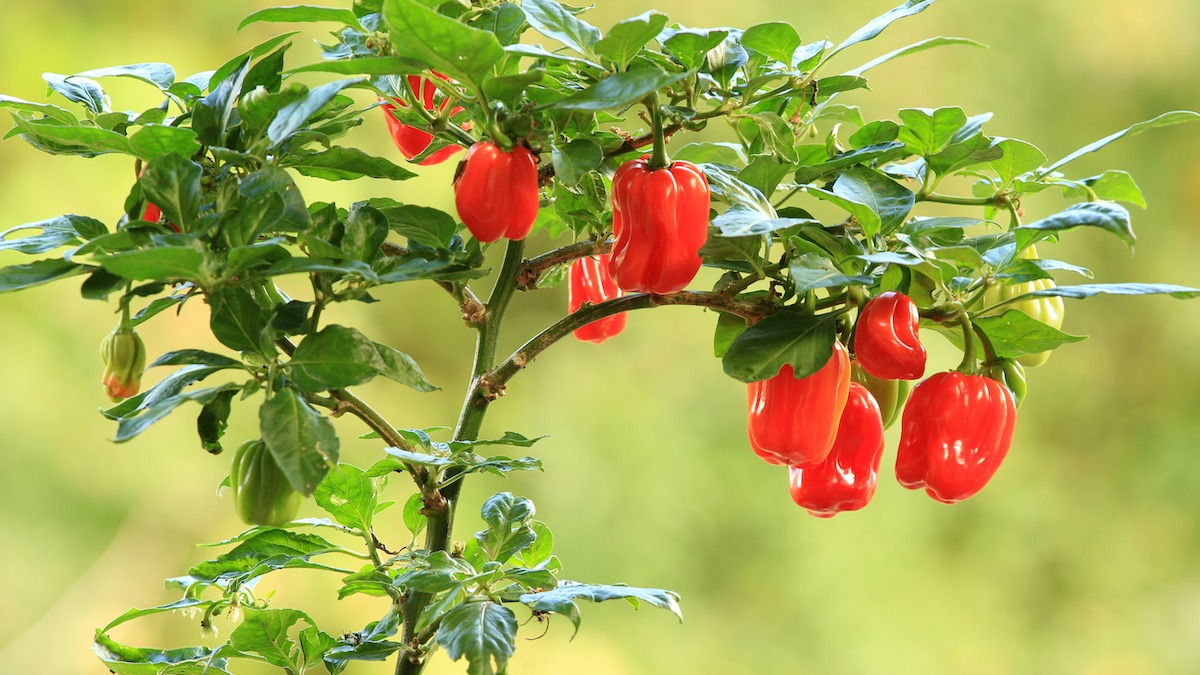

0 thoughts on “How Long To Germinate Aerogarden”